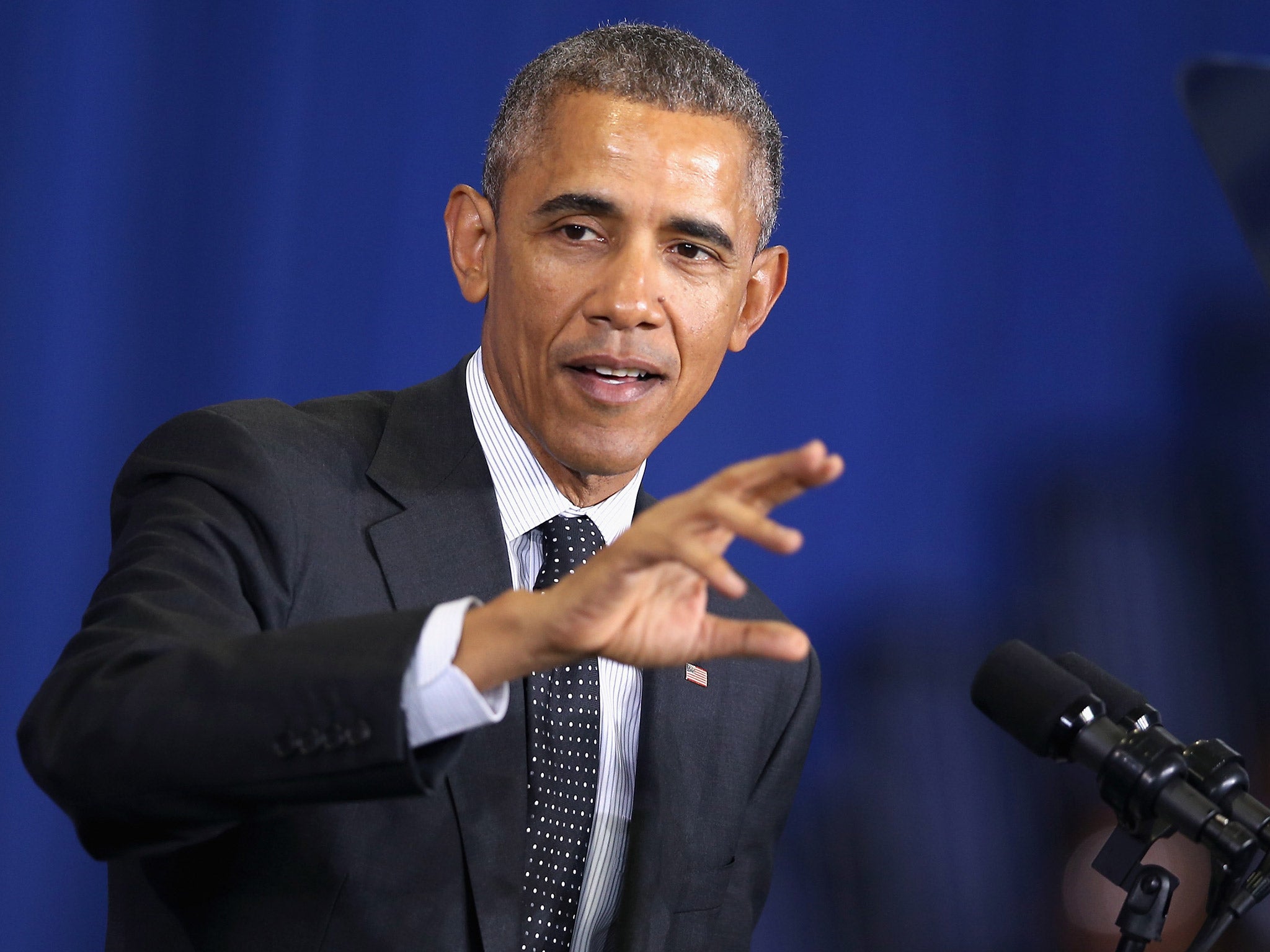President Obama's trade-off: Give me fast-track authority so I can tie up my legacy
Usborne in the USA: Even with the support of the normally hostile Republican leaderships in both houses of Congress, Mr Obama has had the hardest job securing a new free-trade deal with Asia and the Pacific

Witness the White House begging on its knees. Please, please, please give me fast-track authority so I can tie up my huge and legacy-making new free-trade deal with Asia and the Pacific. Response from Congress so far: not sure. Response from most Democrats: go jump in the lake.
Fast-track authority sounds like a first-class flyer perk, but it’s much more. Essentially it means that once a draft Pacific trade deal is done, Congress can reject or accept it but can’t amend it. That’s key because no one on the other side of the table is going to say ‘Yes’ to something Congress might unpick later.
No US President in recent times who has asked for fast-track trade powers has been denied them, including Bill Clinton before sealing the North American Free Trade Agreement (Nafta) with Mexico and Canada in 1993. It was renewed for George W Bush 10 years later, if only by a very small margin.
Even with the support of the normally hostile Republican leaderships in both houses of Congress, President Barack Obama has had the hardest job securing it.
Ten days ago, his entire trade agenda nearly went over the cliff when Democrats, who are more suspicious than ever of the free-trade dictum, sabotaged efforts to get a fast-track bill to his desk. Fresh attempts to resurrect it are under way this week.
Among Democrats who have refused to play loyal soldier has been Nancy Pelosi, the Minority Leader in the House. Hillary Clinton hasn’t rushed to Obama’s assistance either; pandering to the left is more urgent for her now.
“The President should listen to and work with his allies in Congress, starting with Nancy Pelosi, who have expressed their concerns about the impact that a weak agreement would have on our workers to make sure we get the best, strongest deal possible,” she said in Iowa.
Free-trade proponents have been watching this wretched fandango in horror. A University of Chicago survey says that 83 per cent of America’s leading economists believe those free-trade deals done already, notably Nafta, have been good for the country. In Britain, the Government has said that a second pending deal to further bolster US-Europe trade would add £10bn annually to the UK economy.
For poorer nations at the free-trade table, these deals are always vital. Nafta had its problems but it has surely transformed the Mexican economy. Disappoint the 11 countries hoping to benefit from the Trans-Pacific Partnership (TPP) – Australia, Brunei, Canada, Chile, Japan, Malaysia, Mexico, New Zealand, Peru, Singapore and Vietnam – and they may turn to China.
It is true that Obama has faced particular challenges with these deals. Both the TPP and the proposed EU pact – the Transatlantic Trade and Investment Partnership (TTIP) – are ambitious.
Negotiated in secret, they would redraw myriad non-tariff barriers spanning everything from environmental regulations to intellectual property. TTIP has hit headwinds in Europe because of provisions that allegedly would allow businesses to sue foreign governments if they find themselves burdened with regulations they don’t like. With so much at stake, is it appropriate to rob Congress of its normal oversight?
Obama clearly thinks it is. In the end, it looks as if the Republicans may yet ride to his rescue. In a make-or-break moment, the Senate voted by the slimmest of margins to override any filibuster and clear the way for a new fast-track bill to be approved as early as Wednesday night. If that is what indeed happens, negotiators from Hanoi to Canberra will be vastly relieved – as will Obama, who came so close to seeing his trade agenda blown to bits.
Join our commenting forum
Join thought-provoking conversations, follow other Independent readers and see their replies
Comments
Bookmark popover
Removed from bookmarks